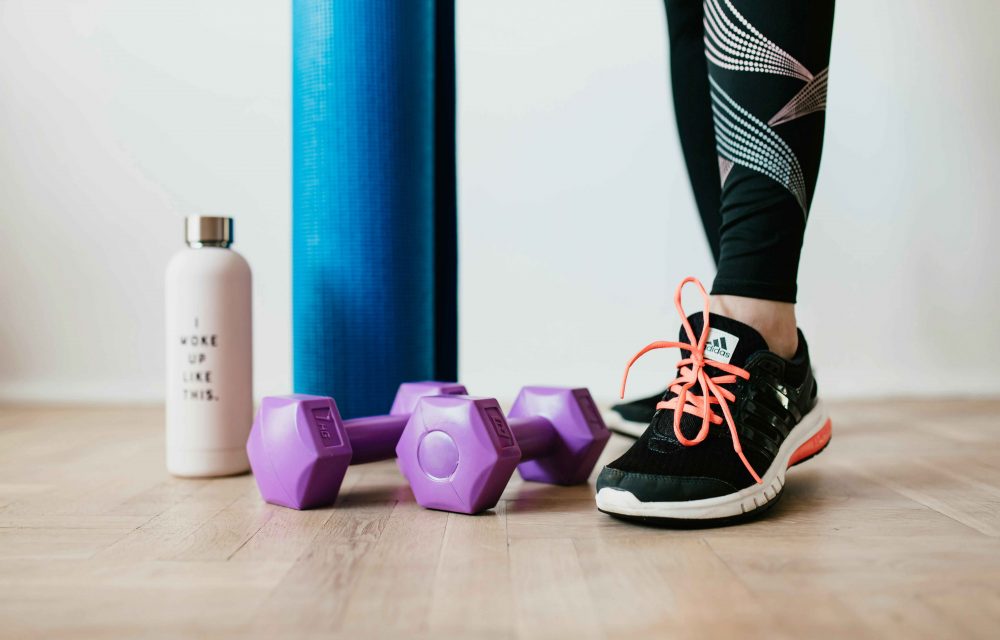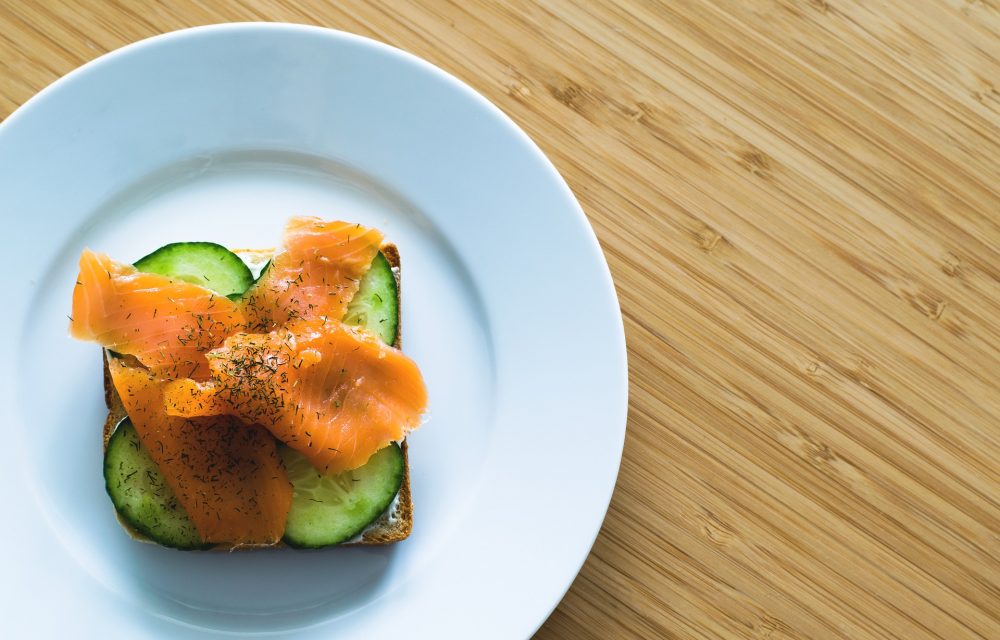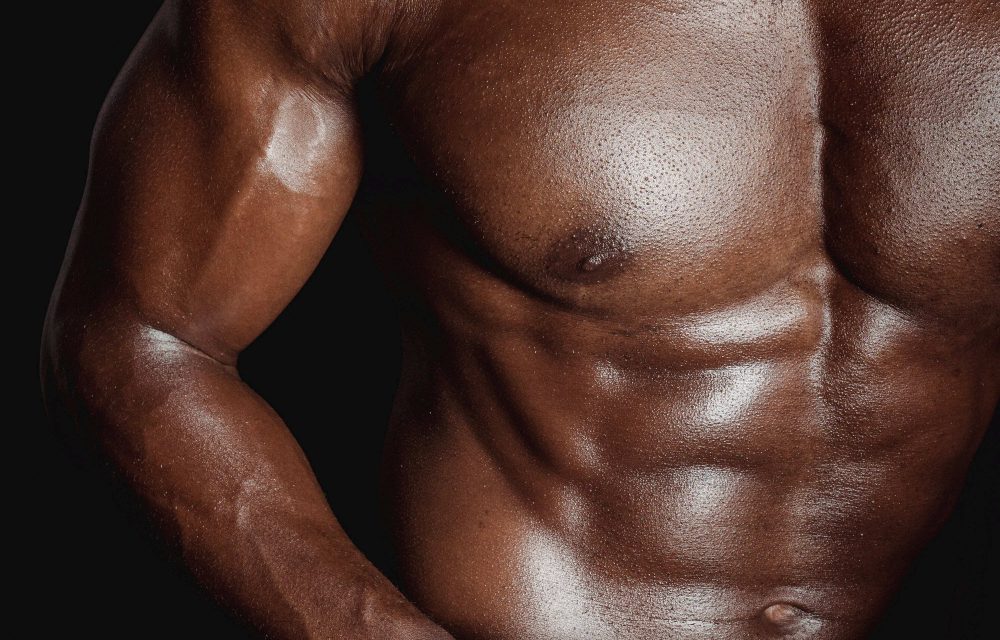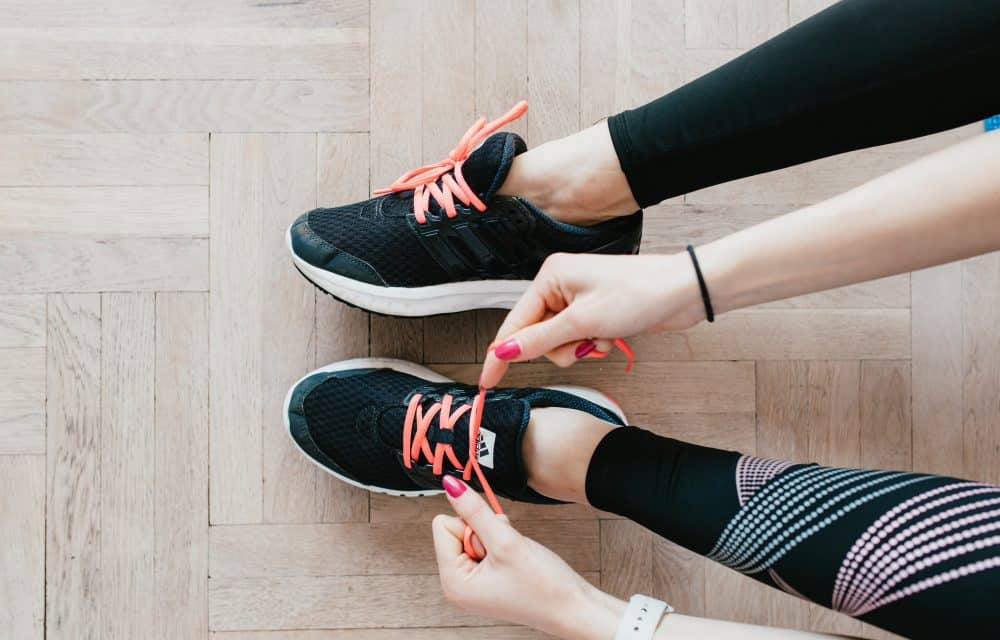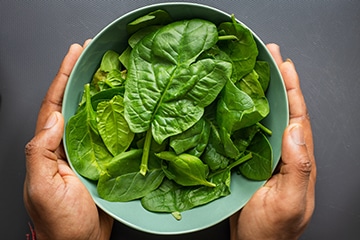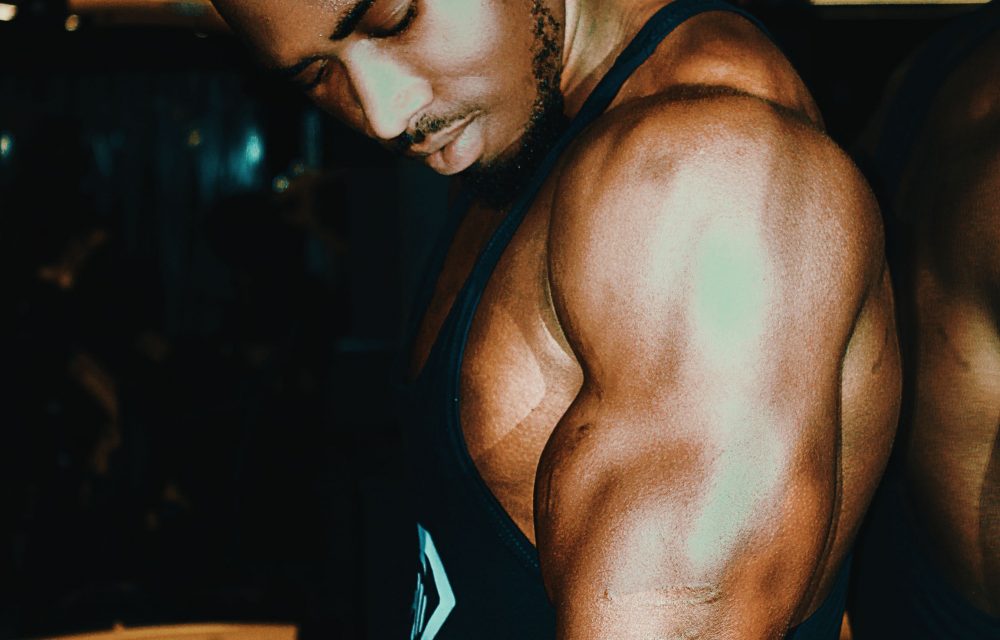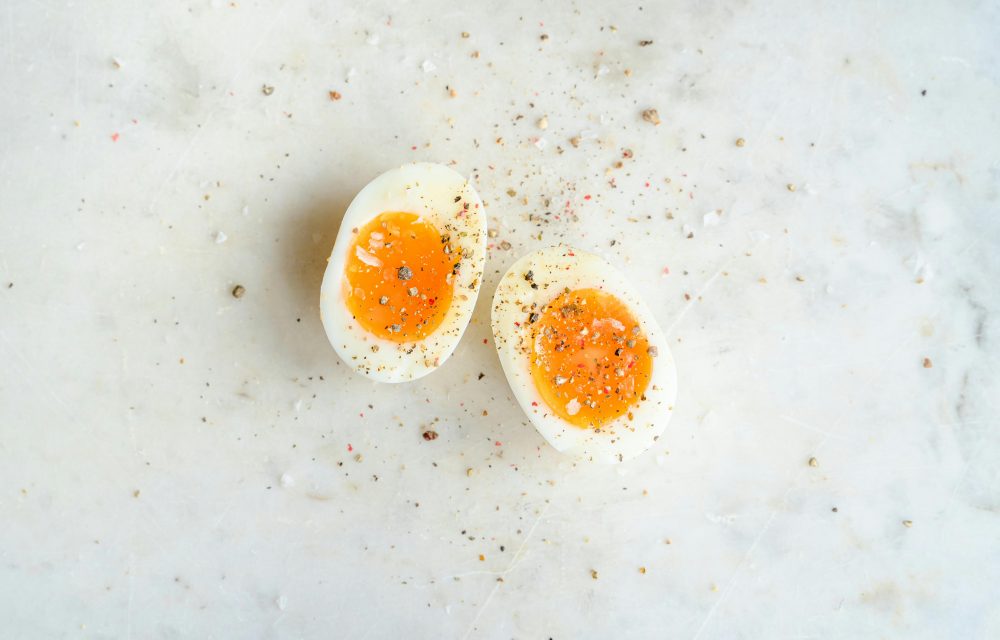Strength Training For Beginners Building A Solid Foundation
Beginners in Louisville, KY, can benefit from strength training. It builds a strong foundation by strengthening muscles that tug on the bones. That causes the bones to uptake calcium and become stronger. Consider how strength training affects your core, the muscles that keep your body erect, whether sitting or standing. They are the very foundation of your body that maintains balance. Strength-building prevents injury when doing daily tasks. Having a strong foundation allows you to continue to do more challenging exercises.
It doesn’t matter what your goal is: bulk or strength.
Regardless of your final goal, when you first start, you’ll see benefits for both. Even if you’re a bodybuilder who wants large, sculpted muscles, you still need strength. Your body has fast and slow-twitch muscle fibers. You need to work both. Walking and movements that are low-intensity but have a long duration require slow-twitch muscle fibers. Jumping and supersets require fast-twitch ones. You’ll use all muscle fibers doing any exercise, but based on the movement, one always dominates. Bodybuilders tend to train in ways to build fast-twitch fibers.
Always start with the basics.
If you want to build muscles, lift something heavy. It’s the resistance force that builds muscles. In the case of lifting something heavy, gravity provides the resistance. That heavy object can be barbells, dumbbells, weight machines, or kettlebells. In the case of bodyweight exercises, it’s your body. Resistance bands use the elasticity of the bands to provide it. The further you pull the bands, the more resistance occurs.
Learning the basics means focusing on form.
The first few weeks of your training are the most vital. They provide the training you’ll build on to develop the body you want. If you fail to learn the proper form during that period, it will take you even longer to achieve your goal. You’ll have to unlearn the wrong way and learn the correct way. Once you relearn the movements, you must stay vigilant so you don’t slip back into old habits. Creating good habits right from the start is always the best route. It might seem longer, but you’ll maximize your benefits and build muscles faster.
- Before you use equipment, learn the right way to use them. The more weight you add to your exercise, the more important it is to know the right way to do each exercise and how to use what provides the extra weight.
- Don’t forget to let your muscles rest. Recovery is where the magic occurs. Strength training causes micro tears in the muscle. They take 48 to 72 hours to heal. It’s the tissue formed by healing that builds strength.
- Eat nutritious meals to provide the nutrients to build muscle tissue. Include more protein in your diet. Avoid food containing added sugar, fried food, processed meat, and other highly processed foods.
- If you need help with training, we can help. We provide a custom plan that builds the proper foundation. It includes individual training and nutritional coaching.
For more information, contact us today at Body Sculptors Personal Training

